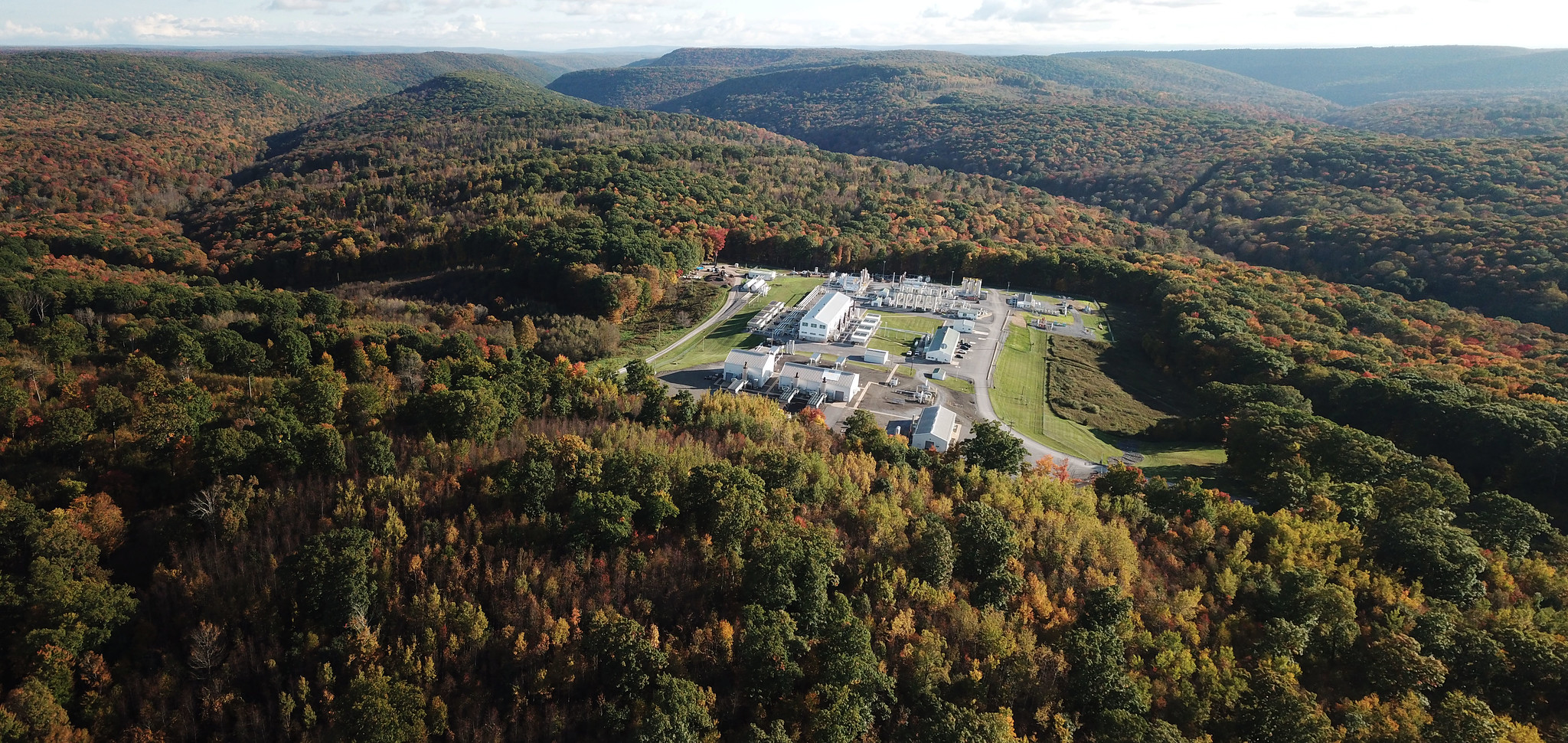Download polling memo Download slide deck
Nine in ten Pennsylvania voters support stricter regulations on the fracking industry, according to a new public opinion survey conducted by Upswing Research for the Ohio River Valley Institute. Pennsylvania voters broadly favor the clean energy industry and express concerns about air and water pollution. More than four in ten support an outright ban on fracking.
Key findings include:
- Nine in ten Pennsylvania voters support stricter regulations on fracking, including requiring companies to disclose chemicals used in drilling operations (94%), requiring safer transportation of fracking waste (93%), expanding air monitoring near fracking wells (92%), and increasing “setback” distances from schools and hospitals (90%).
- Pennsylvanians are broadly concerned about water (86%) and air (82%) pollution. Nearly eight in ten say they worry about the effects of pollution on the health of their families (79%) and communities (77%). More than four in ten (43%) say fracking has a negative impact on air and water quality.
- More than four in ten (42%) Pennsylvanians support an outright ban on fracking, and nearly half of Pennsylvanians say they’re opposed or on the fence about the practice. About one in five (19%) voters somewhat oppose fracking. One in ten (11%) voters say they strongly oppose the practice. An additional 19% say they’re not sure.
- Pennsylvania voters favor the clean energy industry. Solar (80%) and wind (73%) are overwhelmingly popular, and a significant majority (84%) support spending taxpayer dollars on wind and solar development to increase renewable energy usage.
Fracking development has failed to generate job growth and lasting prosperity in Pennsylvania, according to Ohio River Valley Institute research. Since the beginning of the Appalachian shale gas boom in 2008, the twenty-two largest gas producing counties in Pennsylvania, Ohio, and West Virginia have lost a collective 10,000 jobs and nearly 50,000 residents, even as gas production far outpaced industry expectations. As of 2021, oil and gas industry jobs comprised just 1.44% of total jobs in the Commonwealth. Because fracking development creates few jobs per dollar invested, it offers a poorer foundation for job and economic growth than “high-multiplier” industries like energy efficiency, clean energy development, education, and other sectors that can enhance quality of life. Job-intensive infrastructure upgrades, efficiency improvements, and measures to repair fossil fuel damage, including repairing roads and bridges (99%), weatherizing homes to make them more energy efficient (96%), cleaning up old oil and gas wells (95%), and reclaiming abandoned mine lands (86%), enjoy broad support among Pennsylvania voters.
Fracking development may also be contributing to Pennsylvanians’ rising electricity bills. From 2009 through March 2024, the average retail price of electricity leapt by 3.21 cents per kilowatt hour in Pennsylvania as the state’s share of natural gas increased by 16%. Residential rates have risen faster in Pennsylvania than the rest of the nation. More than nine in ten (93%) Pennsylvania voters are concerned about rising utility bills, and nearly three-quarters (74%) say the cost of energy has gone up in the past year.
In addition to broad concern about air and water pollution, polling suggests gas company CNX’s “radical transparency” partnership with Pennsylvania Governor Josh Shapiro, which permits the company to self-report air and water quality monitoring data near select fracking sites across Pennsylvania, is widely unpopular among state voters. Nearly six in ten (58%) Pennsylvanians say they distrust fracking companies to self-report environmental and public health impacts of their industry. According to records from the Pennsylvania Department of Environmental Protection, CNX has been cited for 542 violations across 101 site inspections over the last four years.

